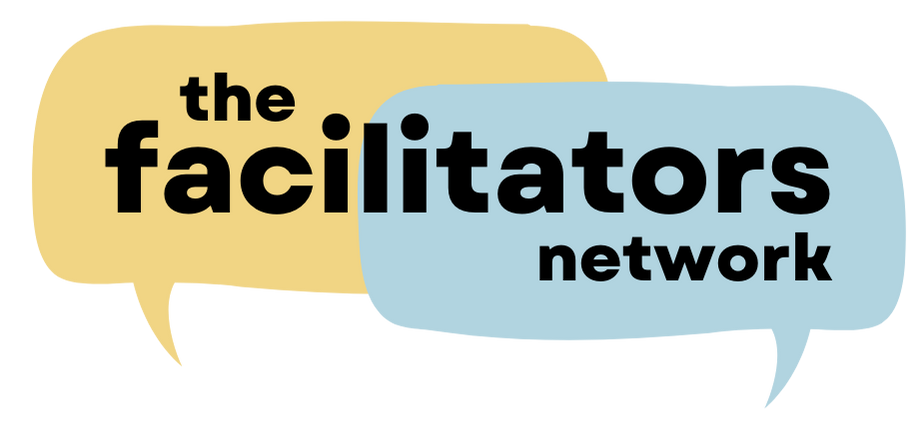Facilitating group dynamics is not without its challenges, and when you are facilitating cross-culturally, there is another layer of complexity that needs to be considered.
How do you make sure that everyone feels heard, valued and acknowledged? How can you address power inequities—especially ones that people aren’t conscious exist? How do you ensure that language isn’t a barrier to understanding? How might you cater for different beliefs and cultural norms?
While these sound like issues for a cross-cultural environment, the reality is these issues exist in almost every session—regardless of cultural diversity. The principles of cross-cultural facilitation are the same as you would apply in any setting. If you want to facilitate well across cultures, keep in mind the following things.
❓ Be Prepared
Ask great questions ahead of time and find out what is important for the people in the room. When you understand the cultural context, there are simple things you can do to set the scene.
👬🏾 Be Collaborative
You don’t need to facilitate across cultures on your own. Think about who you may be able to co-facilitate with and work out a plan together. Who can help you bridge the gap? How can you work from a place of diversity and inclusion from the get-go?
💡 Be Curious
Take time to understand the people in the room and use simple introduction rounds to address assumptions. I like to use 3 simple questions: What culture/s do you identify with? What do you love about that culture/s? What is one stereotype about that culture/s you would like to debunk?
💭 Be Self-Aware
We all have unconscious bias, so it’s important to check in on your own assumptions before you get in the room. What bias are you carrying without even realising it? What assumptions do you need to check for validity?
😐 Be Comfortable with Discomfort
Navigating cross-culturally can be challenging. Recognise that there may well be uncomfortable moments and be prepared to lean into the discomfort. Acknowledge to those in the room that you ‘don’t know what you don’t know’ and ask them to draw your attention to anything you need to be aware of.
❤️ Be Courageous
Take time to establish agreed values and kaupapa at the beginning of the session and be bold enough to point people back to these agreements where necessary. It’s easy for people’s bias and assumptions to get in the way, so keep pointing back to what was agreed in the beginning.
💼 Be Resourceful
There are lots of organisations and agencies that can help provide information and advice about different cultures and cultural practices. Your local council is likely to have a Culture and Diversity Advisor or seek out organisations like English Language Partners or your local Multi-Cultural Council.
The Ministry for Ethnic Communities has a 4 part e-learning programme aimed at increasing people’s understanding of different cultures and how to communicate effectively across cultures. You can check out the online programme here.
As with any form of facilitation, cross-cultural facilitation takes good preparation and respect for all involved. Be curious, flexible and keep the end goal in mind.
Kerri Price
Kerri is a professional facilitator with over 20 years experience in facilitation roles. She is the founder of The Facilitators Network and regularly facilitates workshops on Facilitation and Building a Facilitation Business.
Email: kerri@thefacilitatorsnetwork.co.nz

